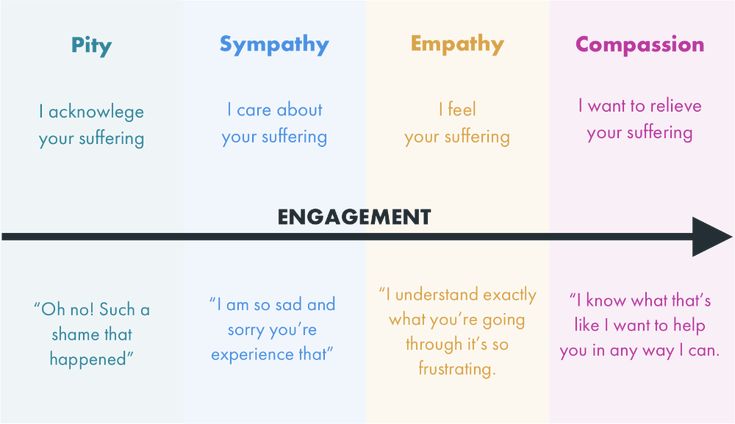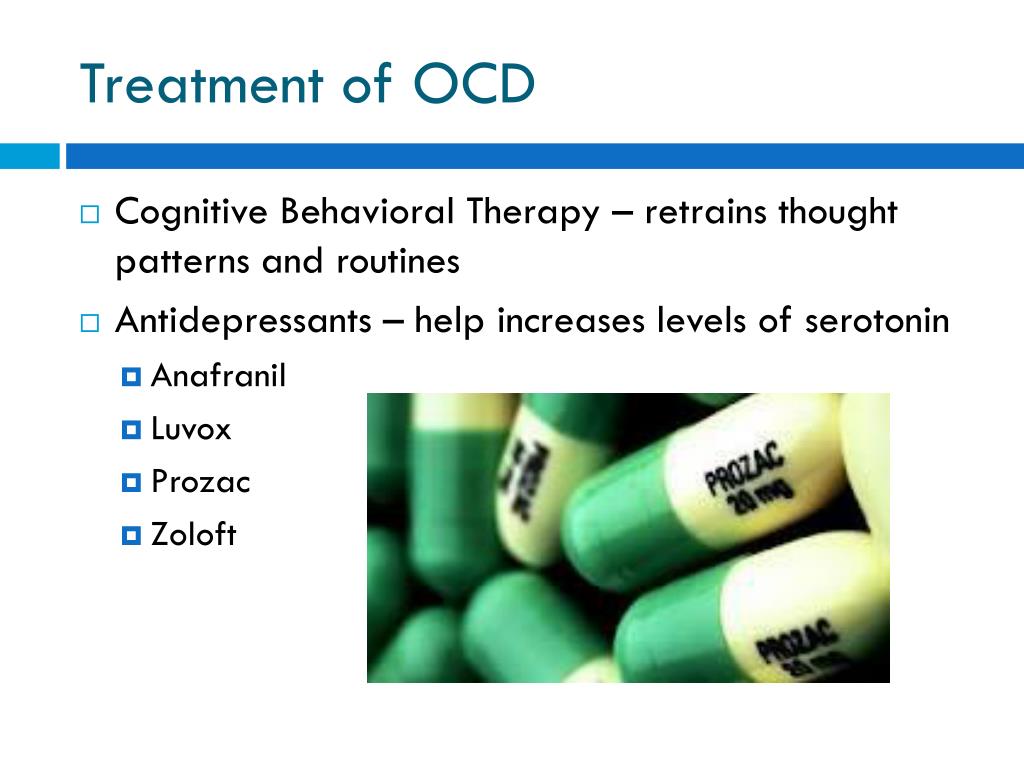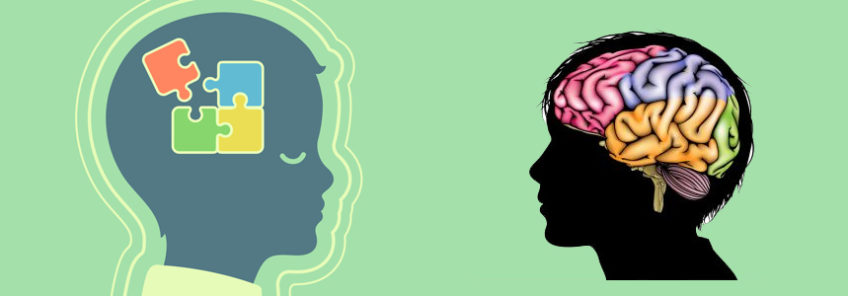Can you get a fever from anxiety
Can Anxiety Cause a Fever?
You're feeling anxiety. You're sweating. You're getting hot and cold flashes. Someone puts their hand to your head and tells you that you're burning up.
Now you're confused. You've always worried that something was wrong – that anxiety was not anxiety at all, but that you're sick and the doctors haven't figured it out yet. Now it appears to be confirmed, since you've developed a fever.
See a Doctor – Never Assume Anxiety
If you've checked your temperature and you see that you have a fever, or you simply feel ill, see your doctor. Only a doctor can diagnose the cause of a fever and ensure that you're in good health. Even though anxiety causes a lot of different physical problems, anxiety is also generally harmless and a health issue is not. Never be afraid to visit a doctor if you're concerned.
Anxiety and Fever: A Complicated Relationship
The reality is that anxiety does not generally cause a fever. That's not to say it can't – many people report a low grade fever as a result of their anxiety, and stress does have a known impact on the body's ability to fight infections, so it wouldn't be a surprise to find out that stress has, in fact, caused a mild fever in your body.
But as far as whether or not that temperature is noteworthy, it is very, very rare for stress to cause anything other than very low grade fever, and body temperature can fluctuate throughout the day. During an intense panic attack, some people have been found to show a 99.5 fahrenheit temperature, but medical professionals are mixed in whether or not they attribute these findings to being directly caused by anxiety.
So yes, anxiety can in theory cause a fever, but it is not common. Usually when someone reports a fever from anxiety, they're reporting the "feeling" of having a fever without actually testing it. And anxiety does cause fever-like symptoms:
- The feeling of having swollen glands (although they're not usually swollen).
- Extreme hot and cold sensations and fluctuations.
- Nausea, weakness, and general ill feeling.
All of the symptoms of a fever are there, but without the actual fever. Since few people actually check their temperature during a panic attack, most people that think they have a fever are doing so because they're experiencing physical symptoms that resemble a fever.
If you do see a very mild fever that goes away when your anxiety is over, there's no need to panic. You may be one of the few that does develop a fever as a result of your anxiety attack. But it is not that common, which is why anyone that reports a fever – especially if it is over 99.5, or lasts for a long time – should contact a doctor and get the medical attention they need.
Other Potential Links Between Fever and Anxiety
Fever occurs when you're fighting an infection. Those with anxiety are more prone to reacting quickly to any changes in their physical health. It's possible that you are experiencing anxiety because you sense the illness, infection, or symptoms of a fever in ways that other people wouldn't notice until their illness became more pronounced.
Those with allergies, for example, may develop sinusitis (a mild infection) and generate a mild fever as a result. There are ample reasons you may have a mild fever, and while seeking treatment is always important, some of these reasons are harmless. If you're also someone that suffers from anxiety, it's not uncommon to worry that the fever is something more, or that it's linked to your anxiety symptoms. Rest assured that it often won't be, and it's simply a separate issue that needs its own attention.
If you're also someone that suffers from anxiety, it's not uncommon to worry that the fever is something more, or that it's linked to your anxiety symptoms. Rest assured that it often won't be, and it's simply a separate issue that needs its own attention.
What Should You Do If You Feel You Have a Fever?
If you notice that you have a mild fever, you have two options. The best choice is always to contact your doctor. You may also wish to wait for your anxiety to calm down and check your temperature again. If it's really related to an anxiety attack, then it should be gone by the time your anxiety has decreased. If not, it is likely you are fighting off a different infection and may benefit from antibiotics or other medicinal treatments.
If you are someone that is simply experiencing the symptoms of a fever without the fever itself (hot flashes, etc.) then rest assured you are not alone. Many people that suffer from anxiety attacks have bouts of physical symptoms that feel exactly like fighting a fever.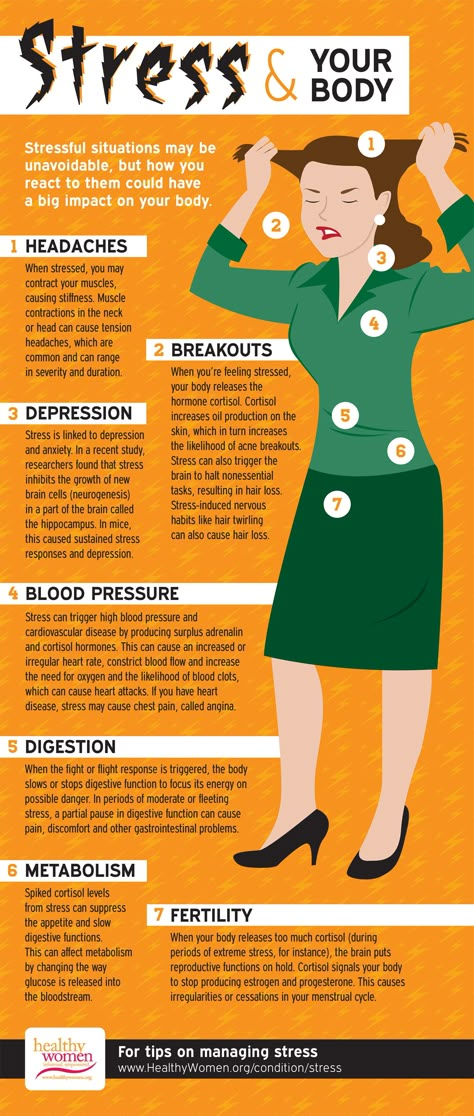 Your best bet is to respond to your anxiety attacks directly.
Your best bet is to respond to your anxiety attacks directly.
First, take hold of your breathing to make sure that you're not hyperventilating. Hyperventilation drastically increases some of the symptoms that mimic a fever, and can increase your anxiety as well. If you're feeling ill, get up and walk around a bit too. Sometimes taking yourself out of your situation is valuable for controlling the anxiety.
Summary:
Severe anxiety may be able to cause short term low grade fever during the peak of a panic attack, but this is typically rare. More common is for an individual to have fever-like symptoms, or to feel additional anxiety when they find themselves with a fever of any kind. Only a doctor can diagnose the cause of a fever, but if you’re struggling with severe anxiety, anxiety reduction will help.
Was this article helpful?
- Yes
- No
Can Anxiety Raise Body Temperature?
Anxiety is a natural response to a threat you perceive.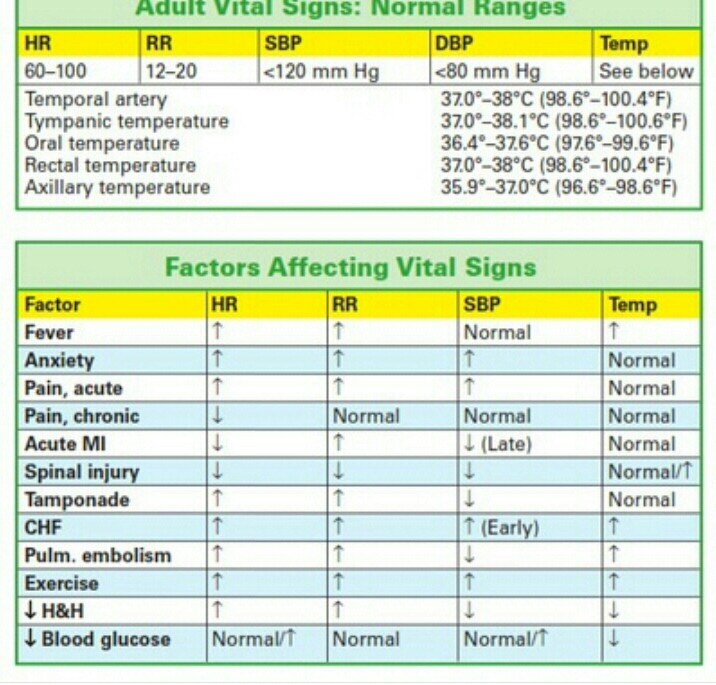 It starts with a physiological reaction in your brain that affects the rest of your body.
It starts with a physiological reaction in your brain that affects the rest of your body.
When you perceive a stressor, your body goes through changes, and you may experience mental and physical symptoms.
These symptoms of anxiety can include:
- breathing fast
- chest pain or pressure
- difficulty sleeping
- dizziness or lightheadedness
- feeling hot or cold
- nausea
- difficulty focusing
- shaking
- sweating
- muscular weakness
- thoughts of impending doom
Yes. In some rare cases, anxiety symptoms may lead to a rise in body temperature. This is sometimes referred to as psychogenic fever, or a fever caused by psychological reasons.
Although more research on humans is needed, some human and animal studies and case reports from 2014, 2020, and 2021 suggested that acute stress can sometimes lead to fever.
A 2015 research review of both animal studies and human case reports indicated that exposure to stress raises body temperature.
The average body temperature for human adults typically ranges between 96°F and 98°F (35.6° and 36.7°C). But many factors can cause temperature changes, including hormones, time of the day, and activity level.
So, it’s not unusual for your body temperature to fluctuate up or down by around 1°F (-17°C) throughout the day.
Repeated stress or isolated highly stressful events could make that fluctuation more significant, though.
The above-mentioned review found that some people who were exposed to a one-off anxiety-inducing situation developed a fever as high as 106°F (41°C).
Other people experiencing stress for long periods of time developed low-grade fevers that lasted months to years. Their temperatures ranged from 99° to 100°F (37° to 38°C).
Psychogenic fever seems to be a physiological response to emotional disturbance. There’s currently no evidence to suggest that this type of fever has co-occurring physical causes, such as infection or inflammation.
In fact, the review indicated that if your fever is due to physical causes, you can relieve it by taking common fever reducers like ibuprofen (Advil, Motrin) and acetaminophen (Tylenol).
This isn’t the case for fever caused by anxiety or stress. But medications that treat anxiety symptoms, including diazepam (Valium) and buspirone (Buspar), may work on psychogenic fever.
Only a health professional can accurately explore your treatment options and the benefits and side effects of anxiety medications.
What about panic attacks?
Panic attacks are intense fear responses that some people living with anxiety experience.
As a type of anxiety episode, it’s possible that your body temperature may also rise during a panic attack.
Anxiety is an intense fight, flight, or freeze stress response when you face a threat, real or perceived. This is a natural process that aims to protect you from danger.
During the stress response, your body releases stress hormones, including adrenaline and cortisol, to prepare you to fight or escape the stressor.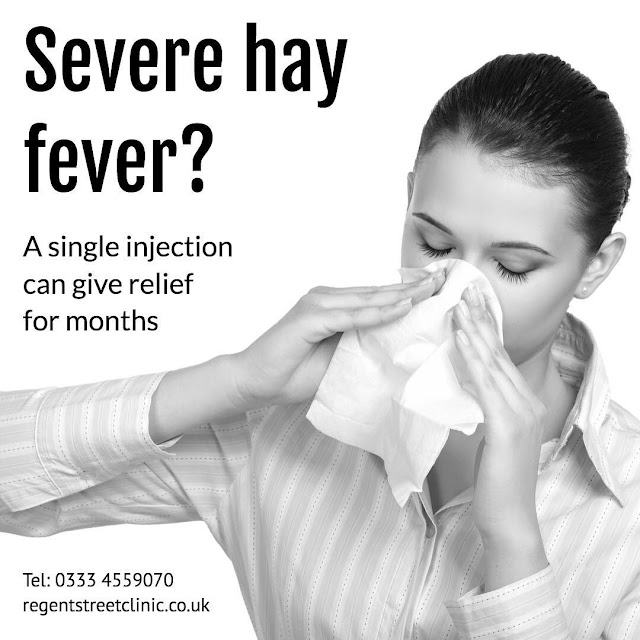
These stress hormones have an impact on the rest of your body, causing:
- increasing heart rate
- narrowing blood vessels
- breathing rapidly
- sweating quickly
Narrowing of your blood vessels could result in a fast rise in your body temperature. You may experience this rise as hot flashes or even chills. To cool down, your body may start sweating and you may feel the need to breathe faster.
The physical effects of anxiety typically diminish or go away when you address the underlying cause of the anxiety.
If you live with an anxiety disorder, though, you may continually experience symptoms, including a rise in body temperature.
But it’s possible to manage anxiety symptoms, and doing so could help you find relief if you live with a frequent low-grade fever. It’s highly advisable that you discuss your symptoms with a health professional who can provide an accurate diagnosis and treatment plan.
The following are a few things you can do to cope with the physical symptoms of anxiety.
Medications
If you regularly experience anxiety, consider discussing your symptoms with a health professional. Among many things, they could recommend medications to help manage your symptoms.
Medications that might help relieve anxiety and reduce physical symptoms include:
- benzodiazepines, such as alprazolam (Xanax), clonazepam (Klonopin), and diazepam (Valium)
- buspirone (Buspar)
- paroxetine (Paxil)
- phenobarbital (Solfoton, Luminal)
Relaxation techniques
Relaxation techniques, such as box breathing and mindful meditation, can help shift your focus away from anxious thoughts.
Taking deep, slow breaths whenever you feel your anxiety rise can help slow down your heart rate and calm your body and mind.
A short meditation can serve as a quick way to relax your nervous system. Practicing meditation regularly can help you manage your stress response and your anxiety symptoms.
Physical activity
Exercise and physical activity could help you manage stress.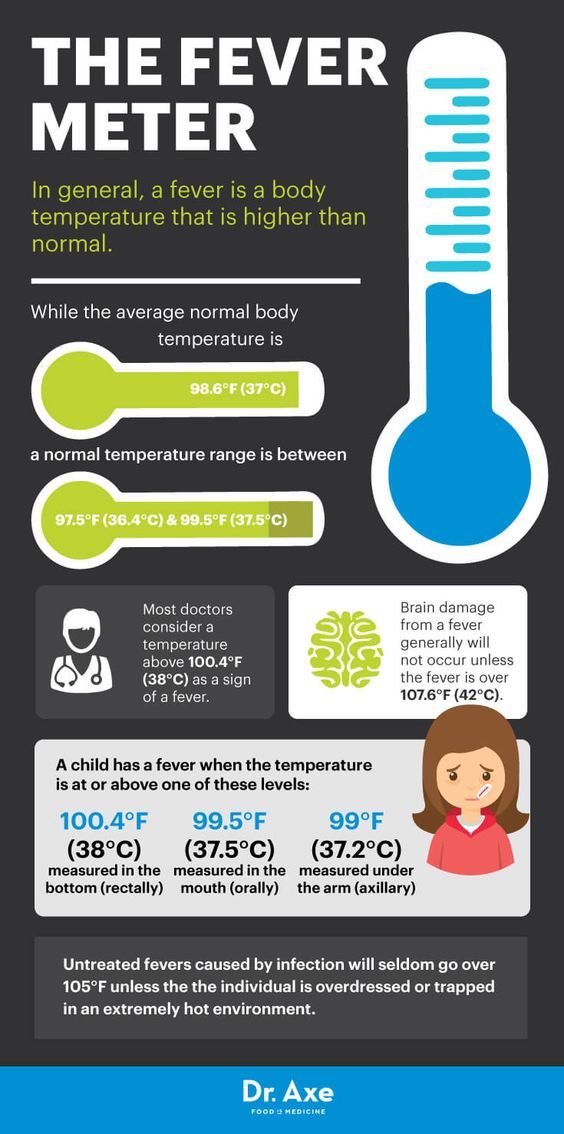
Even a short walk around the block can provide relief, especially if you can focus on your breathing.
If you like running, a good run may distract your body into thinking you’re fleeing from your stressor. And, as an added benefit, your body releases feel-good chemicals in your brain. After you stop working out, your body may switch from an alert state to a rest and relax state.
Yoga may also be an effective activity to manage chronic anxiety. You can use it as a form of exercise and meditation practice.
Psychotherapy
Exploring the root cause of your anxiety can better help you manage its symptoms. A therapist can support you in this process.
Finding a therapist who has experience treating anxiety can help you develop coping skills that may offer temporary and long-term relief.
Anxiety symptoms can be both mental and physical. Although rare, physical symptoms of anxiety could include a rise in your body temperature or a fever.
A few studies and case reports showed that after experiencing a highly stressful event, some people experience a rise in body temperature.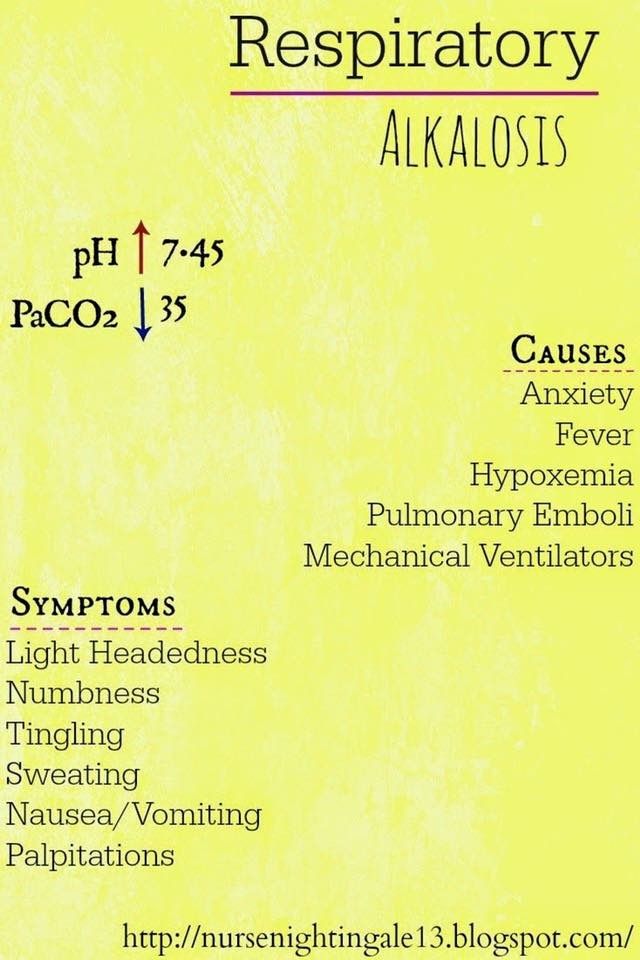 Some of them may even experience an anxiety-related fever as high as 106°F (41°C). Ongoing stress may also cause low-grade fevers that last for months.
Some of them may even experience an anxiety-related fever as high as 106°F (41°C). Ongoing stress may also cause low-grade fevers that last for months.
This type of fever typically doesn’t respond to regular fever reducers. Instead, anxiety medications may offer relief. Only a health professional can discuss the pros and cons of taking these medications.
Regular relaxation practices, like meditation, breathing, and physical activity, can also help you manage symptoms of anxiety.
Frequently Asked Questions for Therapists
English version
Visually impaired version
Javascript is required to use GTranslate multilingual website and translation delivery network
English version
Visually impaired version
Tell me, do adults in our country vaccinate against such diseases as measles, chickenpox and mumps? If so, are there any age restrictions and where can such vaccinations be done?
Preventive vaccinations in the Republic of Belarus are carried out in accordance with the National Immunization Schedule. Vaccinations against measles and mumps are scheduled for children at 1 g and 6 liters. a combination vaccine that includes rubella. Vaccination against chickenpox is optional, because. it is not included in the National Immunization Schedule. Adults who have not had measles, chickenpox and mumps can be vaccinated against these diseases at their own expense at any adult or children's clinic, as well as at the Vaccination Center located on the basis of the Children's Infectious Diseases Hospital in Minsk or any paid medical center. Age restrictions do not exist unless specified in the annotation for a particular vaccine.
Vaccinations against measles and mumps are scheduled for children at 1 g and 6 liters. a combination vaccine that includes rubella. Vaccination against chickenpox is optional, because. it is not included in the National Immunization Schedule. Adults who have not had measles, chickenpox and mumps can be vaccinated against these diseases at their own expense at any adult or children's clinic, as well as at the Vaccination Center located on the basis of the Children's Infectious Diseases Hospital in Minsk or any paid medical center. Age restrictions do not exist unless specified in the annotation for a particular vaccine.
Lately, my body temperature has risen slightly in the evening - up to 37 degrees. There is nothing to worry about though. Tell me, is it worth worrying or is it just a feature of the body?
It is widely believed that the normal human body temperature is 36 and 6 degrees. However, this is not the case - as numerous studies have proven, and practical observations of a huge number of doctors, the most common average body temperature is 37 degrees.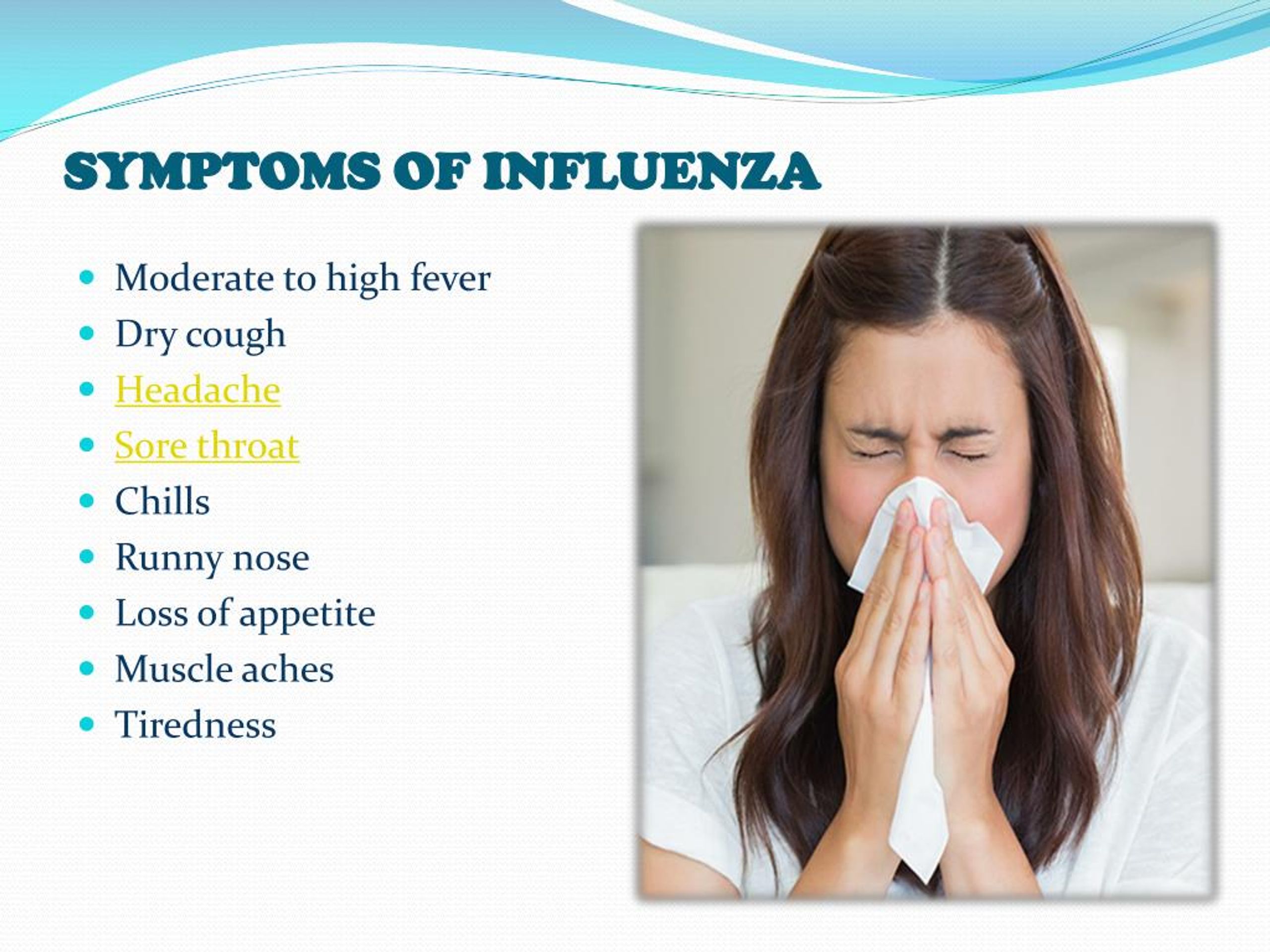 However, this figure can vary significantly, ranging from 35 to 37.5 degrees. These variations depend on several factors. For example, such as the physiological state of the organism of each individual person, the level of his physical activity, the state of the hormonal background, the time of day.
However, this figure can vary significantly, ranging from 35 to 37.5 degrees. These variations depend on several factors. For example, such as the physiological state of the organism of each individual person, the level of his physical activity, the state of the hormonal background, the time of day.
In addition, not the least role in measuring temperature is played by such a factor as the environment - the level of humidity, the air temperature in the room. In any healthy person, daily temperature fluctuations of about half a degree are normal. As a rule, between 4 and 6 o'clock in the morning a person has the lowest body temperature of the whole day. This feature is well traced in an illness accompanied by a significant rise in body temperature - even the highest body temperature is largely reduced precisely in the early morning. But in the interval of 16 - 22 hours the level of body temperature reaches its maximum.
In addition, remember that a woman's body temperature may rise due to the hormonal changes in the body that are associated with the menstrual cycle. As a rule, the highest temperature in a woman is observed between the 17th and 25th day of the menstrual cycle. Sometimes the numbers can reach 38 and 8 degrees. In addition, very often factors such as severe emotional stress, increased physical activity lead to an increase in body temperature. And this applies equally to both adults and children. So, for example, body temperature may rise due to stress caused by problems in family life or work, due to physical stress. All of these variations described above are the physiological norm, and do not require any medical intervention in the human body by doctors.
As a rule, the highest temperature in a woman is observed between the 17th and 25th day of the menstrual cycle. Sometimes the numbers can reach 38 and 8 degrees. In addition, very often factors such as severe emotional stress, increased physical activity lead to an increase in body temperature. And this applies equally to both adults and children. So, for example, body temperature may rise due to stress caused by problems in family life or work, due to physical stress. All of these variations described above are the physiological norm, and do not require any medical intervention in the human body by doctors.
Recently, I have had a bitter taste in my mouth. With what it can be connected and to what doctor to address?
Bitterness in the mouth is most often a companion of diseases of the digestive system. If it appeared, it means that the body is signaling us about some kind of trouble. Bitterness in the mouth can appear when any digestive organ is disrupted, from the oral cavity to the intestines. But most often it occurs in diseases of the liver and biliary tract. Another equally common cause of this phenomenon can be various dental diseases: stomatitis (inflammation of the oral mucosa), glossitis (inflammation of the tongue), improperly selected dentures or intolerance to the substance from which they are made, etc.
But most often it occurs in diseases of the liver and biliary tract. Another equally common cause of this phenomenon can be various dental diseases: stomatitis (inflammation of the oral mucosa), glossitis (inflammation of the tongue), improperly selected dentures or intolerance to the substance from which they are made, etc.
Bitterness in the mouth may accompany some endocrine and mental (gustatory hallucinations) diseases, occur when taking certain medications: antihistamines, antibiotics, and even folk remedies in the form of St. John's wort or sea buckthorn oil. For example, antibiotics can cause the death of normal intestinal microflora and the development of opportunistic microflora, that is, dysbacteriosis, one of the signs of which is the appearance of bitterness in the mouth. Short-term bitterness in the mouth may appear after stress or after taking certain foods (for example, pine nuts). If the bitterness lasts for several days, then you need to find out the cause of this phenomenon, that is, consult a general practitioner.
Tell me what to do if my condition is greatly affected by the weather. For example, before the rain, the head hurts, the pressure drops. Can this be fixed somehow?
All people react differently to changes in the weather. Some people love the sun, and some love the rain. But our body immediately reacts to weather changes. Meteosensitivity is more often observed in people who are little in the fresh air, engaged in sedentary, mental work, not engaged in physical education. In modern life, a sign of meteosensitivity can be not only a bad mood, but also a headache, weakness, fatigue, lethargy, drowsiness, or, conversely, unusual excitement. Sometimes a headache, joint pain, weakness, and unreasonable anxiety can even be provoked by a change in wind direction. Of course, a person is not able to influence the weather. But everyone can help their body survive this difficult period.
Following some fairly simple rules will help you deal with problems more easily.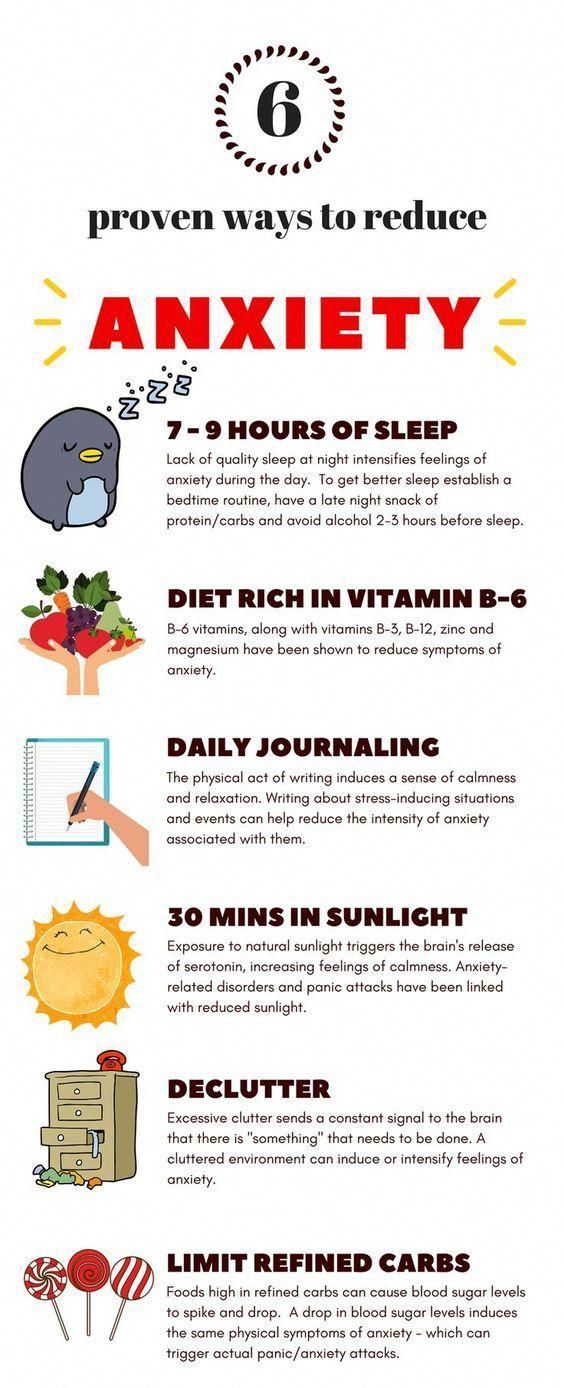 First of all, you need to take care of the immune, cardiovascular and digestive systems. People whose meteorological sensitivity begins when cyclones approach with a sharp warming can be recommended physical exercises that help saturate the body with oxygen: walking, running, skiing, breathing exercises, cold rubdowns. all measures to increase immunity are recommended: rubbing the body with a dry brush, alternately rinsing the legs with cold and hot water, walking on water, a contrast shower morning exercises in the open air or in front of an open window also helps to increase immunity swimming all year round - in summer in open water, in cold time - in the pool there are more movements in the fresh air, in the forest, in the field, in the park, autogenic training, self-hypnosis.
First of all, you need to take care of the immune, cardiovascular and digestive systems. People whose meteorological sensitivity begins when cyclones approach with a sharp warming can be recommended physical exercises that help saturate the body with oxygen: walking, running, skiing, breathing exercises, cold rubdowns. all measures to increase immunity are recommended: rubbing the body with a dry brush, alternately rinsing the legs with cold and hot water, walking on water, a contrast shower morning exercises in the open air or in front of an open window also helps to increase immunity swimming all year round - in summer in open water, in cold time - in the pool there are more movements in the fresh air, in the forest, in the field, in the park, autogenic training, self-hypnosis.
It is also important to remember a balanced diet. To maintain the immune system, it is necessary to supply it with the necessary vitamins and minerals. For example, such as ascorbic acid - vitamin C, carotene - vitamin A, minerals, trace elements, unsaturated fatty acids.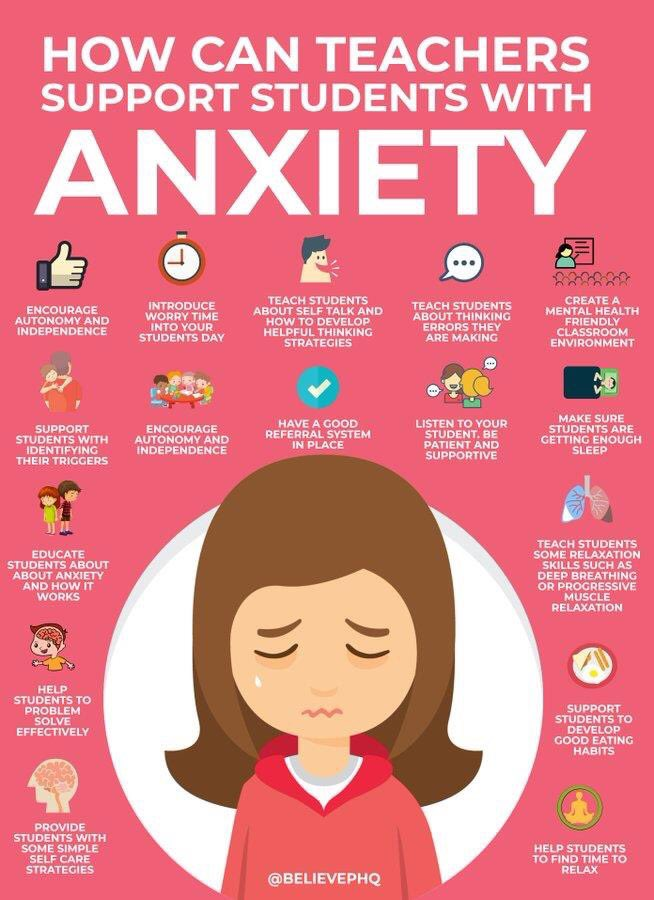 Therefore, in addition to carefully planning your diet, you need to resort to the help of special vitamin complexes containing vitamins A and C. When there is a heat front and the oxygen regime of the air worsens, it is advisable not to overeat so as not to burden your body. Try to eat foods containing ascorbic acid, calcium, potassium, iron - fish. milk, fruits. People with high blood pressure during sudden changes in weather should limit their intake of salt and fluids. People with low blood pressure can also be helped by multivitamins, infusions of stimulating herbs - lemongrass, eleutherococcus, etc., as well as strong brewed tea. Coniferous baths are effective.
Therefore, in addition to carefully planning your diet, you need to resort to the help of special vitamin complexes containing vitamins A and C. When there is a heat front and the oxygen regime of the air worsens, it is advisable not to overeat so as not to burden your body. Try to eat foods containing ascorbic acid, calcium, potassium, iron - fish. milk, fruits. People with high blood pressure during sudden changes in weather should limit their intake of salt and fluids. People with low blood pressure can also be helped by multivitamins, infusions of stimulating herbs - lemongrass, eleutherococcus, etc., as well as strong brewed tea. Coniferous baths are effective.
They are easy to prepare from pine extract at home. Duration - 10-15 minutes, water temperature - 35-37 ° C, course of treatment - 12-15 procedures. So, with reactions of a spastic type, the so-called "distraction therapy" helps well - hot foot baths, contrast showers, gymnastics. This is a very effective measure. It is not always possible to completely remove meteosensitivity, but reactions can be greatly facilitated.
Tell me, what level of cholesterol is considered normal for people over 50 years old and what foods help lower blood cholesterol levels?
Cholesterol is a substance that belongs to lipids. Most cholesterol is made in the liver (about 80%), the rest comes from the foods we eat. The role of cholesterol is invaluable in the metabolic process. From a biological point of view, it is one of the most important organic substances belonging to the group of steroids.
It is a necessary component of all cell membranes and is involved in the production of all steroid hormones including testosterone, estrogen and cortisol. It is also essential for the brain, and supplies the body's tissues with antioxidants. Cholesterol is also needed for the production of bile acids, which help the body absorb fats. Nevertheless, in this case, it is important to know the norm, since some negative properties are still characteristic of cholesterol. Elevated cholesterol is a risk factor for atherosclerosis.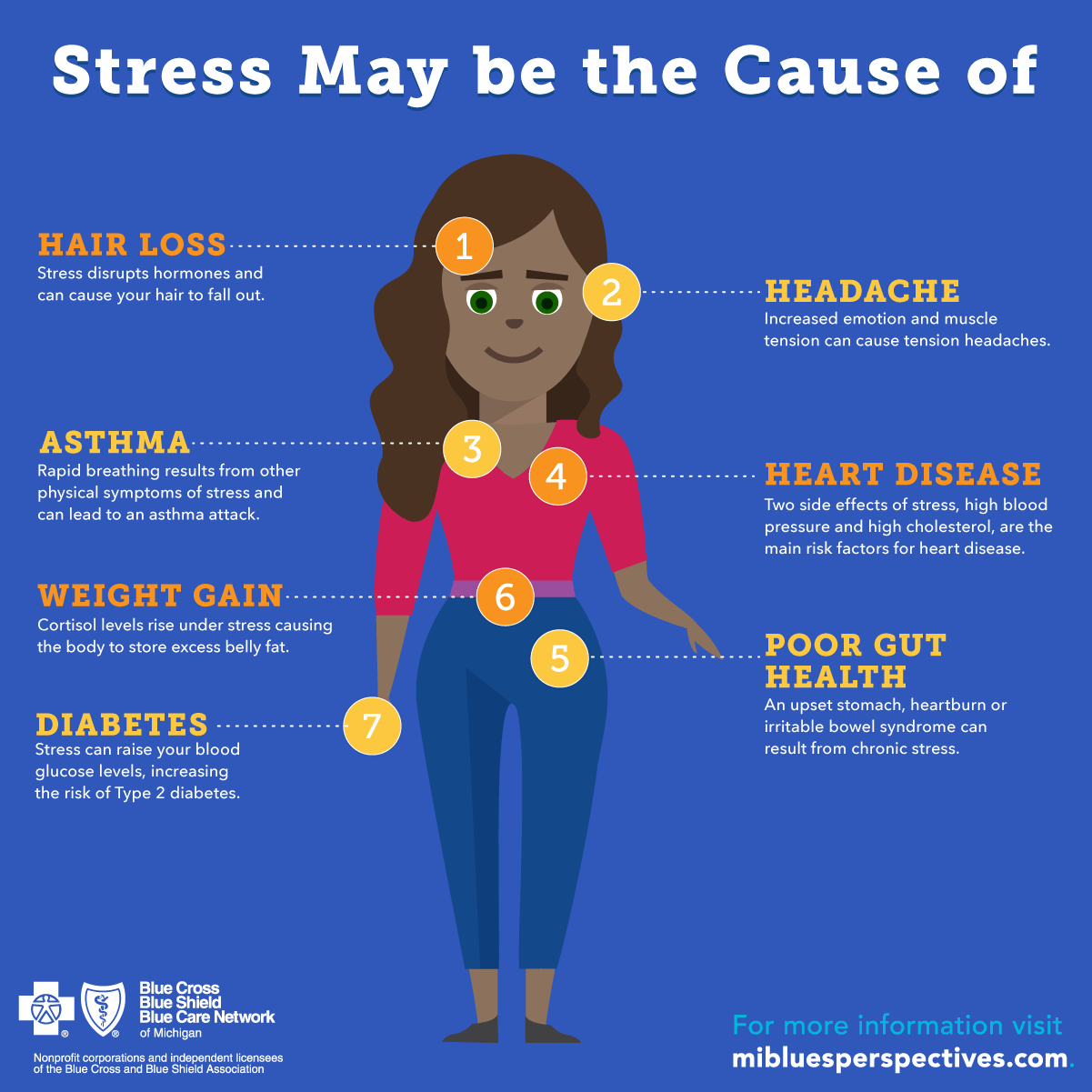 Total cholesterol is approaching the level of 3.0-6.0 mmol / l, the content of harmful cholesterol is normal (LDL) is no more than 1.92-4.82 mmol/l. Useful (HDL) cholesterol is sufficient at a rate of 0.7-2.28 mmol / l.
Total cholesterol is approaching the level of 3.0-6.0 mmol / l, the content of harmful cholesterol is normal (LDL) is no more than 1.92-4.82 mmol/l. Useful (HDL) cholesterol is sufficient at a rate of 0.7-2.28 mmol / l.
If, after taking a referral from your local doctor and donating blood, you see a figure of 5.2 mmol / l (or 200 mg / dl) or lower on the form, rejoice: blood cholesterol is normal, and in the next year or two atherosclerosis you are not threatened. An analysis for total cholesterol today is done in almost any district clinic or hospital.
If you have been diagnosed with hypercholesterolemia - treatment or its main non-drug component is diet. The goals of such a diet are to reduce the intake of cholesterol and saturated fatty acids, increase the intake of unsaturated fatty acids, fiber, and easily digestible carbohydrates with food.
Initial treatment of hypercholesterolemia involves reducing the intake of foods rich in saturated fatty acids. Meat products should be consumed boiled, dairy products - only fat-free.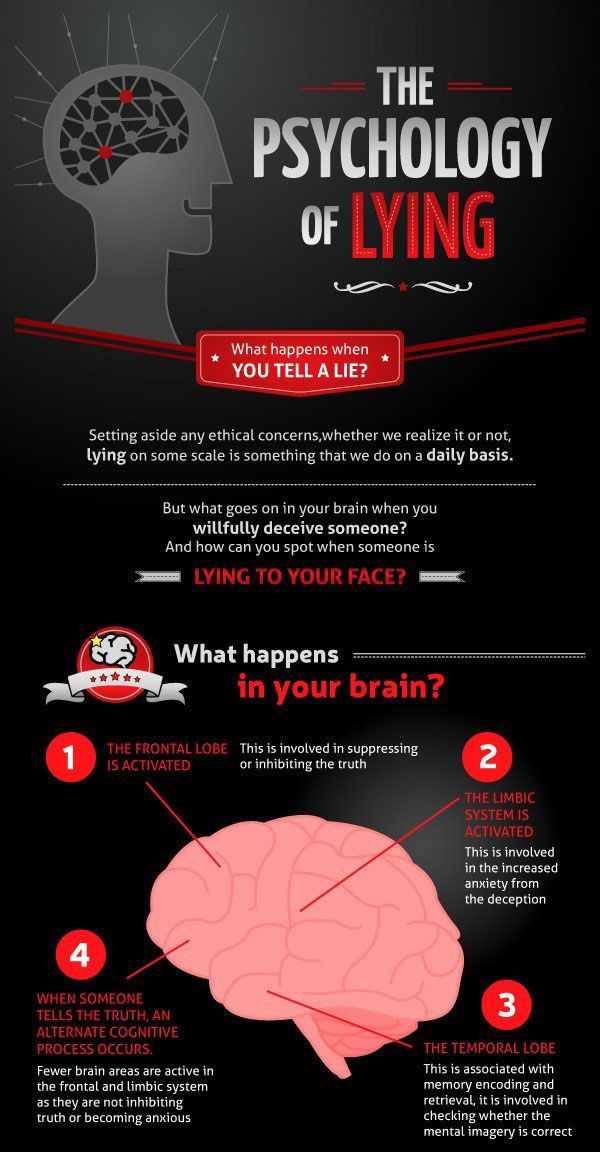 You should replace butter, sour cream and fatty cheeses with soft margarine and vegetable oils.
You should replace butter, sour cream and fatty cheeses with soft margarine and vegetable oils.
It should be remembered that limiting the intake of saturated fatty acids is twice as effective in lowering the concentration of cholesterol in the blood as increasing the intake of polyunsaturated fatty acids. It is necessary to reduce the consumption of egg yolks, liver, kidneys, brains, fat, fatty meats rich in cholesterol.
The main part of the diet should be fruits and vegetables containing complex carbohydrates and fibre. It is better to replace meat dishes with fish. To prevent hypercholesterolemia, it is necessary to reduce the intake of animal fats, limit the intake of carbohydrates, it is enough to consume proteins and vitamins. Especially useful are vitamins C and P contained in vegetables and fruits and vitamin B6 contained in bread products and yeast.
causes and what is subfebrile temperature
01/29/2020Updated 07/14/2021
The normal average body temperature is 36. 6°C degrees Celsius. If the deviation on the temperature scale exceeds 0.5 ° C, in one direction or the other, this is not a critical indicator.
6°C degrees Celsius. If the deviation on the temperature scale exceeds 0.5 ° C, in one direction or the other, this is not a critical indicator.
However, if the body temperature systematically rises to 37.1°C for no apparent reason, this is a reason to go to the doctor for a detailed clarification of the circumstances.
Usually subfebrile temperature is called when the mark on the thermometer rises to 38 ° C and stays at this border. And often this is a temperature of 37.1 ° C.
In fact, an increase in body temperature does not occur from scratch.
The leading therapist of the R + Medical Network private clinic will tell you how to recognize subfebrile temperature and what are the most common reasons for this in medical practice.
Despite the fact that the causes of subfebrile temperature can be very different. Our doctors will still try to detail and convey the most important information to you so that you can pay attention to the hidden symptoms of the pathology in a timely manner and seek medical help. Usually, subfebrile temperature is called when the mark on the thermometer rises to 38 ° C and stays at this border. And often this is a temperature of 37.1 ° C.
Usually, subfebrile temperature is called when the mark on the thermometer rises to 38 ° C and stays at this border. And often this is a temperature of 37.1 ° C.
What is subfebrile temperature?
Being informed is important. Especially when it comes to your own well-being or the health of loved ones.
So, body temperature can change throughout the day, depending on how you feel, climatic conditions, time of day. Therefore, deviations in the temperature regime of 0.5-1°C are not considered a pathology.
Therefore, if the temperature stays at 37.1°C for a long period, then returns to normal, and then rises again, make an appointment with a specialist. Since the real problem can be detected only after a thorough diagnosis of the body.
Causes of subfebrile temperature can be identified using a complete blood count, fluorography, ultrasound, MRI, etc. Therefore, if the temperature is 37.1 ° C for a long period, then it returns to normal, and then rises again - sign up for a consultation with specialist.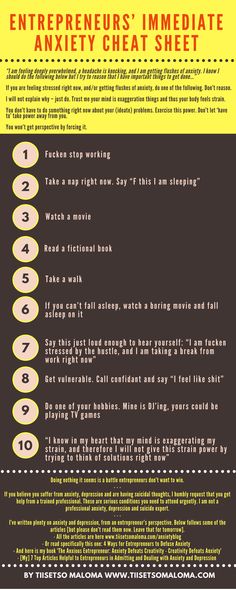 Since the real problem can be detected only after a thorough diagnosis of the body.
Since the real problem can be detected only after a thorough diagnosis of the body.
An increase in temperature is most often a reaction of the immune system to an inflammatory process in the body or an infection.
Thus, the immune system is actively involved in the fight against the "enemy" and signals that a failure has occurred. A virus or a focus of the inflammatory process has appeared in the body.
Therefore, it is very important not to delay the visit to the doctor, but to do it as soon as possible at the first signs of the disease. After all, any disease is always easier to prevent than to treat in the last stages of pathology.
The main causes of subfebrile temperature
The most common reasons why the body can give temperature alarms are:
- Anemia.
- Intestinal parasites
- Tuberculosis.
- AIDS/HIV.
- Toxoplasmosis, sepsis.

- Oncological diseases.
- Diseases of the thyroid gland.
- Viral hepatitis, intestinal infection.
- Autoimmune diseases (allergies, arthritis, ulcerative colitis, rheumatism).
- Hormonal imbalance (in pregnant women, as a variant of the norm).
By the way, the reasons for the temperature of 37 ° C in women may well lie in the natural ovulation period, so if you are approaching or having your period, you should not worry about this.
Subfebrile temperature in a child. What to do?
If a teenager or young child has a subfebrile temperature, first and foremost, make sure that this is not a "temperature tail" (the result of a cold or a viral illness).
Many parents start to panic when their child has a temperature of 37°C, but at the same time they forget that the child has just recently had SARS, flu or tonsillitis.
After ARVI, a child may have subfebrile temperature for 5-14 days.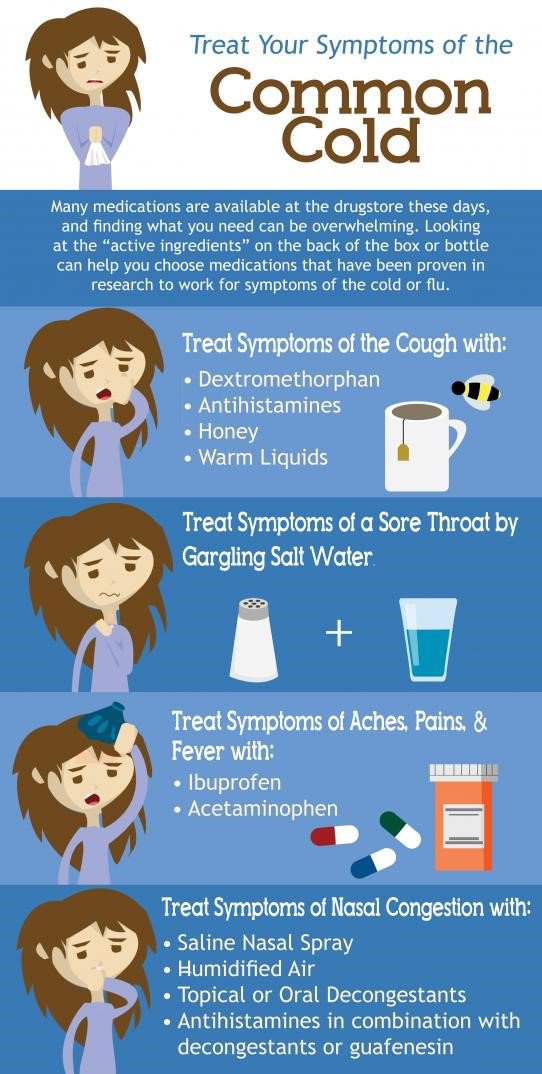 And that would be the norm.
And that would be the norm.
However, if the child has a subfebrile temperature and cannot explain his condition to you, it is important to contact a competent doctor who will diagnose and determine the exact cause of the temperature increase for further correct treatment.
Normal temperature range for people of different ages
Region | Age | |||
| 0-2 years | 3-11 years old | 11-65 years old | Over 65 years old | |
| Axillary | 34.7°C-37.2°C | 35.8°C-36.6°C | 35.1°C-36.8°C | 35.5°C-36. |
| Oral | 35.7°C-37.3°C | 35.5°C-37.5°C | 36.4°C-37.5°C | 35.7°C-36.9°C |
| Rectal | 36.6°C-38.0°C | 36.6°C-38.0°C | 37.0°C-38.1°C | 36.1°C-37.3°C |
| Tympanic | 36.3°C-38.0°C | 36.1°C-37.7°C | 35.8°C-37.6°C | 35.8°C-37.5°C |
| Internal organs | 36.3°C-37.7°C | 36.3°C-37.7°C | 36.7°C-37.8°C | 35.8°C-37.1°C |
These temperature ranges can be observed in most people of all ages. Balancing these boundaries remains the norm if the temperature changes under the influence of external factors or characteristics of the organism (this should be clarified with the doctor).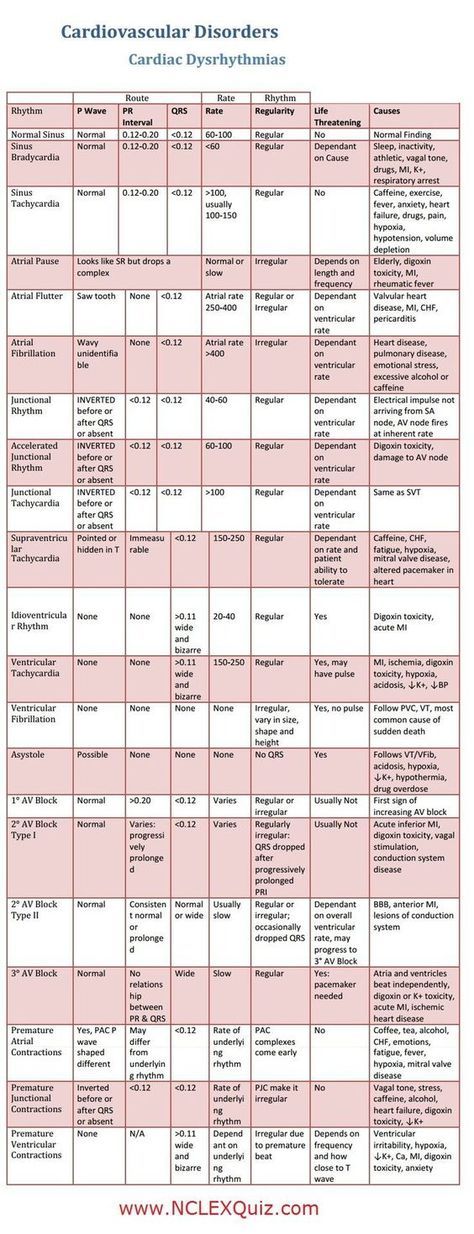
However, if low-grade fever causes discomfort or is accompanied by symptoms of unknown etiology, your task is to find the cause as soon as possible and begin effective treatment.
The R+Medical Network premium class private clinic in Goloseevsky and Pechersky districts of Kyiv is distinguished by the fact that we provide patients with an integrated approach to both diagnosis and treatment of diseases.
We are not satisfied with a single indicator of tests, we are interested in a detailed analysis of the root cause of subfebrile temperature and its immediate elimination .
And this is achieved by specialists at the highest level, since all doctors of the R + Medical Network clinic are of the highest category, with extensive international work experience and personal values that allow them to always cope with a situation of any complexity.
Therefore, if you feel something is wrong with your health, do not hesitate - seek qualified medical care at a private R+Medical Network clinic.
 3°C
3°C 




